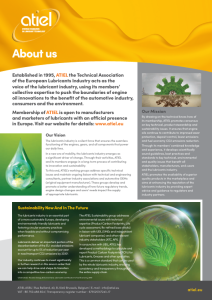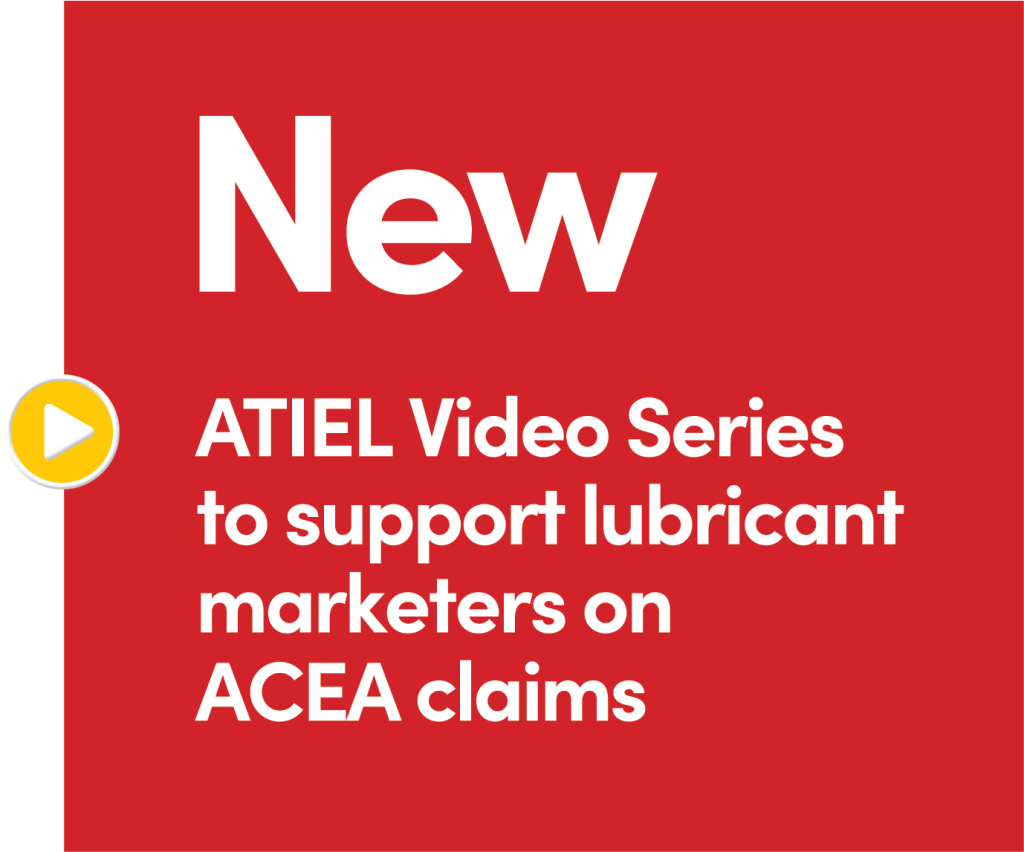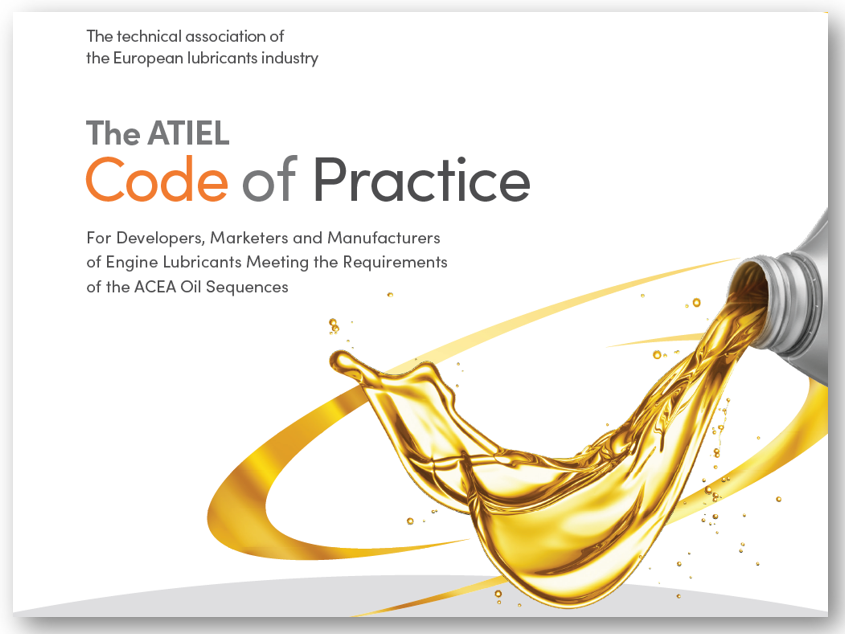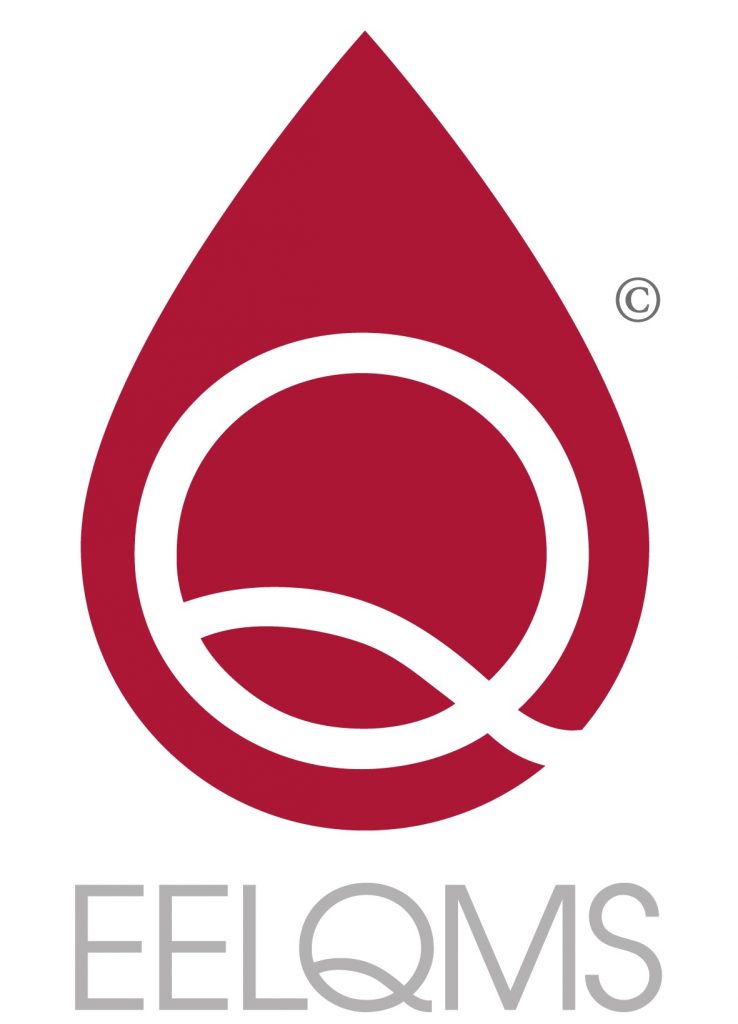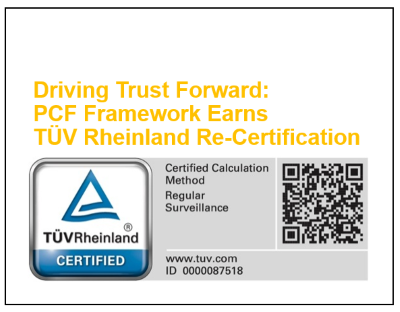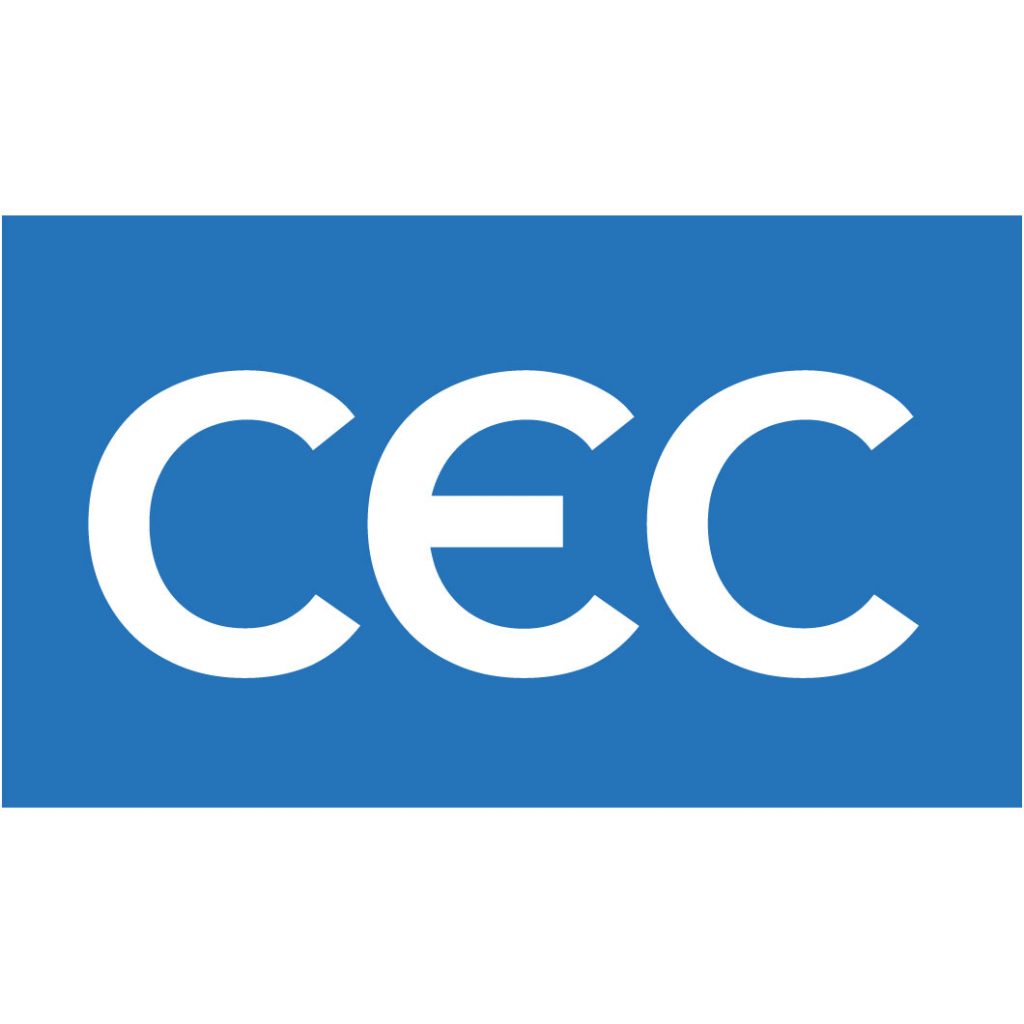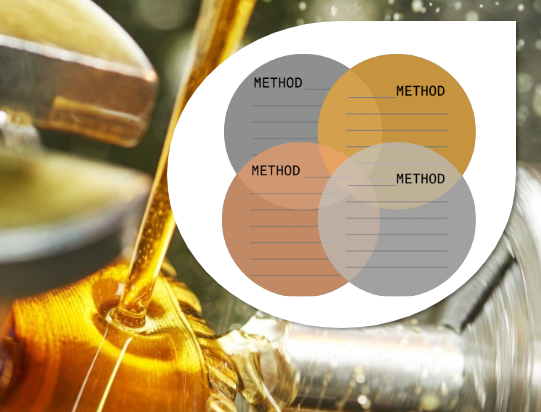Lubricants are the Lifeblood of an Engine
The Technical Association of the European Lubricants Industry (ATIEL)
ATIEL is a non for profit association (ASBL) representing the combined knowledge and experience of leading European and international engine oil manufacturers and marketers.
ATIEL is also the technical and innovative hub of the manufacturers, the developers, and marketers in the European Lubricants industry. By drawing on the technical know-how of its membership, ATIEL promotes consensus on key technical, product stewardship and sustainability issues. It ensures that engine oils continue to contribute to improved wear protection, deposit control, lower emissions and fuel economy CO2 emissions reduction.
Our
activities

ACEA
Sequences
ACEA European Oil Sequences cover light duty passenger cars & heavy-duty trucks.
They define the minimum quality level of a product for presentation to ACEA members. Individual member companies may indicate performance parameters other than those covered by the tests shown or more stringent limits.
ATIEL
Code of practice
The ATIEL Code of Practice (CoP)-in operation since 1996 – has been developed jointly by the European Automobile Manufacturers’ Association (ACEA), the Additives Technical Committee (ATC) and ATIEL. The purpose of this Code is to provide a mechanism and a basis for commitment to standardise practices when developing, marketing, or manufacturing engine lubricants for which compliance with the ACEA Oil Sequences is claimed.
EELQMS (The European Engine Lubricant Quality Management System)
EELQMS is a quality management system for automotive engine lubricants. It has been developed jointly by ACEA, ATC and ATIEL. The system is administered by SAIL (Services to Associations and Industry in the Lubricants sector). It is designed to assist lubricant marketers in assuring the quality of their lubricants and the performance claims being made for them in the marketplace.
News in brief
ATIEL, the Technical Association of the European Lubricants Industry, has released the 26th issue of its Code of Practice (CoP 26)—a significant milestone that, for the first time, incorporates a statement on the use of Re-Refined Base Stocks (RRBS) in...Read More >
Brussels, 15 December 2025 — The ATIEL & UEIL Joint Sustainability Committee (JSC) is proud to announce the successful re-certification of its Product Carbon Footprint (PCF) Calculation Methodology for lubricants, greases, and other specialities by TÜV Rheinland Energy GmbH, marking...Read More >
ATIEL, the Technical Association of the European Lubricants Industry, launches a series of videos for Lubricant Marketers making claims against the engine oil sequences of the European association of vehicle manufacturers, or ACEA, to support greater understanding of their role...Read More >
ATIEL as member of the CEC Management Board is pleased to announce that the new version of the CEC Operating Guidelines (v35) has been published. The whole document has been adapted to the rules and processes which have been in...Read More >
ATIEL hosted its Technical Seminar in Brussels on the 5th of June 2025, marking the 30th Anniversary of the association. The event brought together over 90 participants from companies, technical experts, EU decision-makers and stakeholders to discuss the strategic role...Read More >
ATIEL & UEIL Joint Sustainability Committee (JSC) are pleased to announce the release of a new document “Lubricants & Greases End of Life: Sustainable Best Practices”. The document was presented today at the 2025 ATIEL Technical Seminar in Brussels, where...Read More >
ATIEL, the Technical Association of the European lubricants industry, has today released two new tools to strengthen Lubricant Marketers’ compliance with the engine oil sequences of the European vehicle manufacturers, ACEA. The tools comprise of an Auditor Checklist and Flowchart.
Comparison of PCF Methodologies Across Sectors Shows Evidence for Continued Harmonization. The lubricants sector is intricately connected to various industrial sectors, including chemical, petroleum, and automotive industries, with the latter being one of the largest users of lubricants and greases....Read More >
